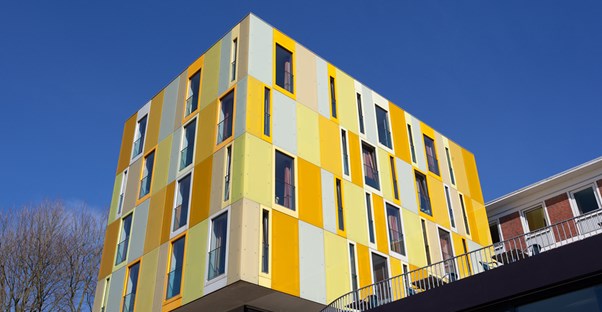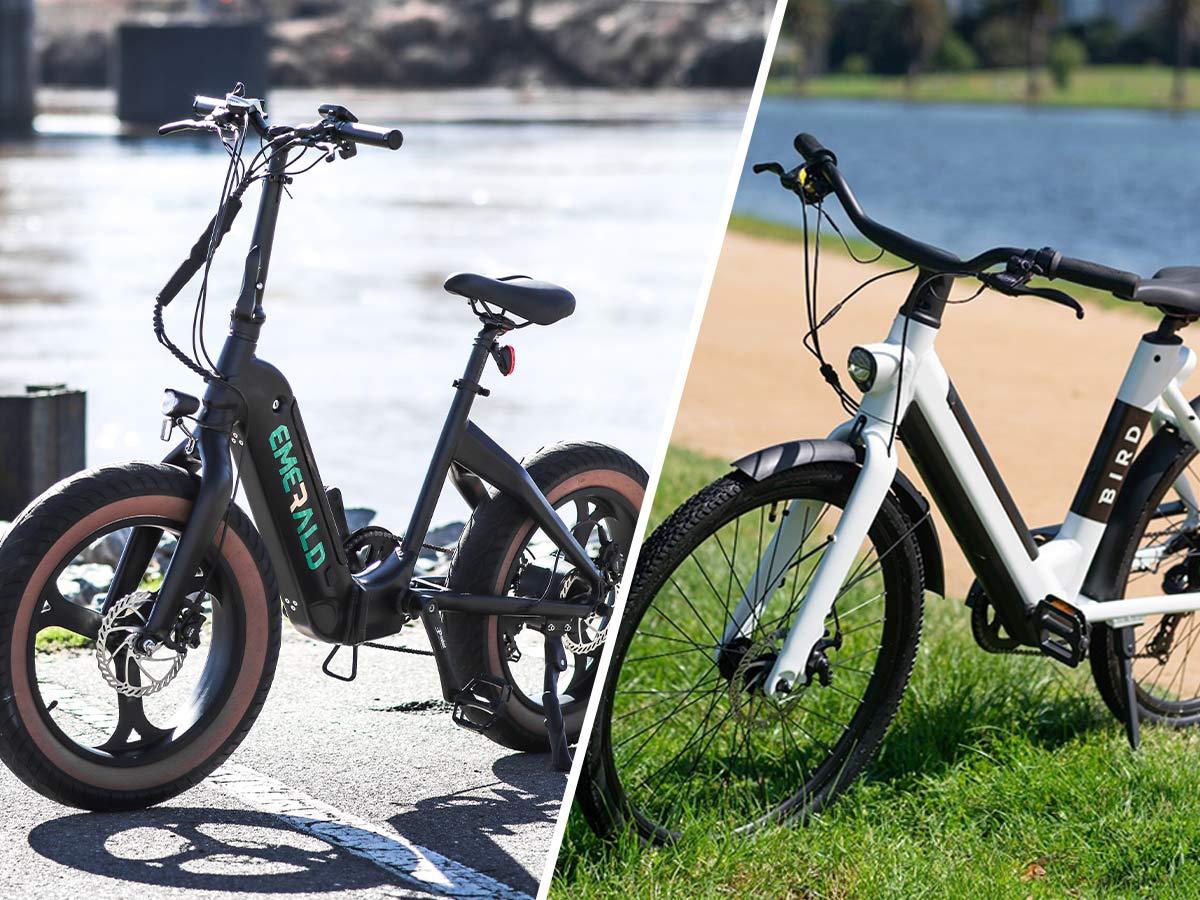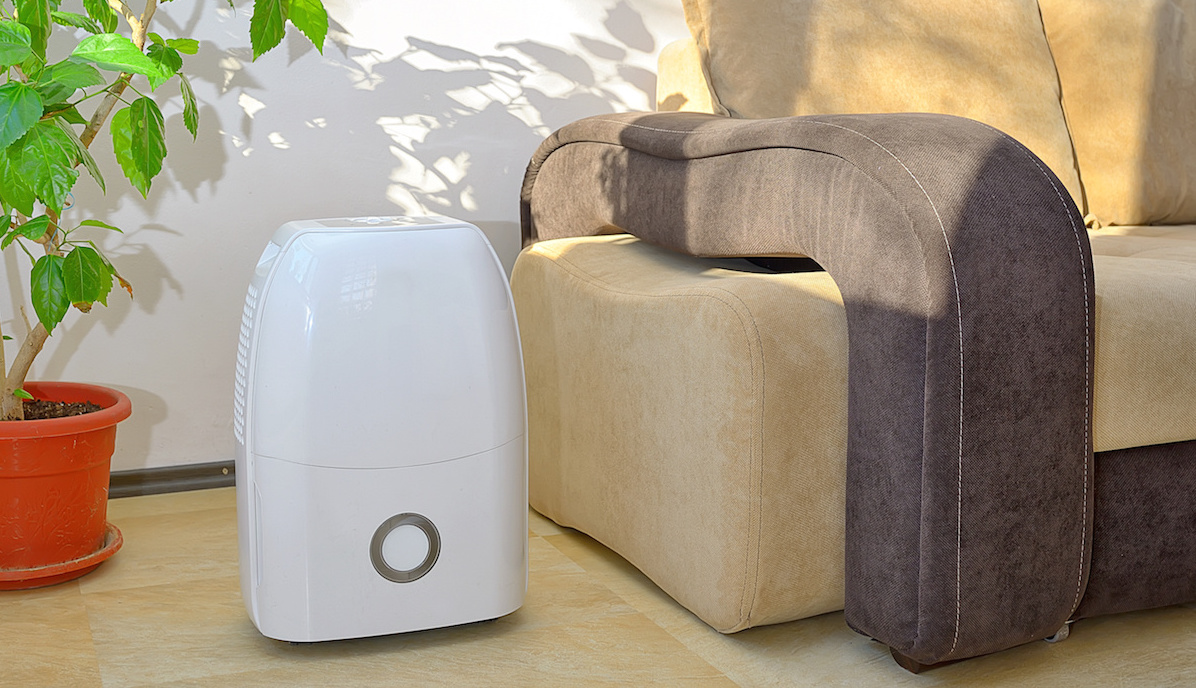Airbnb vs. Hostels: The Champ of Cheap Travel

What is Airbnb?
Airbnb has quickly become the budget-conscious traveler’s go-to option. Airbnb basically connects people who have spare rooms with people who need a place to crash. You get to have an email exchange with your potential host, set up the room reservation, and go live like a local for a bit.
Airbnb Pros
The Airbnb experience has a lot to recommend it. Renting a place from a resident means you get an authentic local experience. Odds are, you’ve also got someone who can point you towards things to do in town, and how to get to them. Your chances for privacy are also a lot higher. You still get to meet new people, but it’s a much more controlled interaction than being thrown into a room with a bunch of strangers.
Airbnb Cons
The experience can vary greatly with Airbnb, however. There’s a chance that your host might be unpleasant in ways you didn’t anticipate or weren’t able to infer from your correspondence. Pricing can be tricky, too. Hosts get to add additional fees to the cost of boarding, and while those are stated up front, the way they’re laid out on the website makes cost comparisons difficult. You don’t always know how many other bedrooms/guests there will be, which can be awkward. And at this point, Airbnb isn’t always cheaper than getting a hotel.
What is a hostel?
Hostels have traditionally been a budget-conscious traveler’s first option. You pay a relatively small amount of money to stay in a dormitory-style room. Visitors share an area, usually with 3 other people. They’re a lot more common across Europe than they are in the United States, for a variety of cultural reasons. Accommodations can be a bit spartan, but you’re not traveling to stay in your room anyway, and it’s a great way to meet new people.
Hostel Pros
Hostels are cheap. That is, and always has been, the biggest draw of the hostel “experience.” That said, there’s a lot to recommend. Travelers coming from the United States have a pretty grim view of what a hostel is, and that view is pretty far removed from reality. In countries with a thriving hostel culture, it can be a rewarding social experience. Most hostel tenants are college students, and an easygoing atmosphere tends to permeate the residences. Hostel reservations are more ironclad that Airbnb reservations, and the sites that let you book and review hostels all heavily favor lodgers over the lodgings, so you get a pretty honest assessment of what you’re getting into.
Hostel Cons
That said, the experience has its drawbacks. While it is possible to get a private room in some hostels, odds are you won’t have a lot of time or space to yourself. This might not be the best option for introverts—or honeymooners. That same easygoing, collegiate atmosphere can turn sour at times when the youth and high spirits of your fellow lodgers boil over into drunken revelry or loud relationship problems. Not to mention, if you’re coming from the U.S., with its lack of hostel culture, you’ll probably receive a lot of flak for your decision. Your friends will question the choice until you too begin to wonder if maybe hostels really are that scary. Once you get there and realize they aren’t, you still have to contend with your mom texting you every ten minutes to make sure you haven’t been murdered, all the while racking up international data charges.
So, Which Is Better?
Honestly, this is something to take on a case-by-case basis. Do research on the specific place you’re traveling to. More importantly, know yourself—if you crave attention, hostels may be the way to go. If you’re more introverted, Airbnb might be better. Either way, there’s strong potential for a great cost-effective visit.









